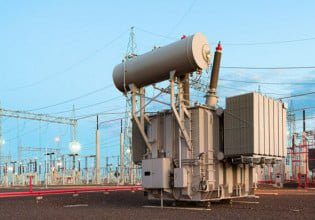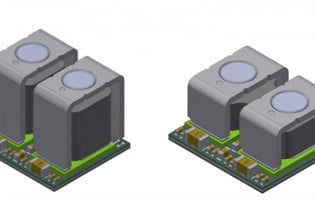Kia Motors Corp. (Korea) and Hyundai Motor Co. (Korea), both a part of the Hyundai Kia Automotive Group (Seoul, China), reported the opening of its new Environmental Technology Research and Development Center, which will integrate research into fuel cell electric vehicles, gas-electric hybrid vehicles, and end-of-life vehicle recycling. Located on the southern edge of Seoul in Mabuk, phase one of the five-story center was completed with a total investment of $58 million after the start of construction in July 2003.
The facility is home to 200 researchers and more than 400 pieces of high-tech equipment. Facilities include a 700-bar hydrogen filling station, a fuel cell endurance tester, an emissions lab, dynamometers, and other specialized equipment for testing electric propulsion systems. A pilot plant for automated vehicle dismantling focuses on improving the material recycling rate of end-of-life vehicles. The new center will also allow both Hyundai and Kia to proactively respond to the intensifying environmental regulations in the areas of product development, manufacturing, sales, after service, and vehicle recycling.
"The mission of the research and development center is to enable Hyundai Kia Automotive Group to realize its vision of becoming the world leader in environmental technology through the development of products and core technologies that are in full compliance with global environment regulations," said Group Vice Chairman Sang-Kwon Kim. "Through world-class environmental management practices, we look forward to playing a leading role in helping to solve global environmental issues."
The Group plans to invest heavily in next-generation green vehicles and environmental technologies with focus placed on the development of core technologies for fuel cell and hybrid cars, and mass production of such vehicles; development of technologies for lowering gas emissions and improving fuel efficiency; enhancing vehicle recycling; investigation into alternative materials to ferrous metals; and development of technologies for lowering air/water pollution during the manufacturing process, and for recycling waste materials resulting from energy production.






